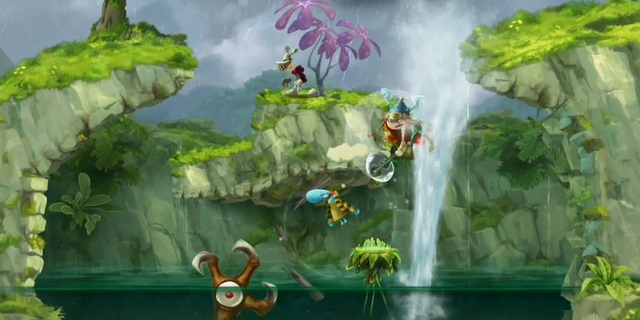

This challenge was usually given when the bridegroom party was about a mile from the destination-home where the ceremony was to be had. Pennsylvania of 1876, a short section describes wedding ceremonies and marriage customs, including a wedding tradition where two young men from the bridegroom procession were challenged to run for a bottle of whiskey. In Caldwells's Illustrated Combination Centennial Atlas of Washington Co. "Black Betty" used as an expression for a liquor bottle may ultimately owe its origin to the famous pretty black barmaid who worked at the notorious Tom King's Coffee House in Covent Garden, London, which opened in 1720. The line "she's from Birmingham" also fits as the place where muskets were manufactured. During the Napoleonic/ Russian campaign 1/4 of all French casualties were caused by the rear ranks shooting their own front ranks. This is supported by multiple descriptions of the use of the musket in the battlefield. "The child is blind" meaning it did not care who it hit friend or foe, "Black betty don't care" meaning the musket also doesn't care who is killed by its child, "that child ain't mine" meaning "it wasn't me who shot my buddy in the back of the head". "that child is wild" meaning the ball didn't always go where it should. If Black Betty is referring to a musket, the child in the song is very likely referring to the musket ball. One of those phrases is "He's kiss'd black Betty." įrom the perspective of a writer. In January 1736, Benjamin Franklin published The Drinker's Dictionary in the Pennsylvania Gazette offering 228 round-about phrases for being drunk. Other sources give the meaning of "Black Betty" in the United States (from at least 1827) as a liquor bottle. In this interpretation, the musket was superseded by its "child", a musket with an unpainted walnut stock known as a " Brown Bess". Soldiers in the field were said to be "hugging Black Betty". Some sources claim the song is derived from an 18th-century marching cadence about a flint-lock musket with a black painted stock the "bam-ba-lam" lyric referring to the sound of the gunfire. Historically the "Black Betty" of the title may refer to the nickname given to a number of objects: a musket, a bottle of whisky, a whip, or a penitentiary transfer wagon, as referenced in the following paragraphs: The origin and meaning of the lyrics are subject to debate.


 0 kommentar(er)
0 kommentar(er)
